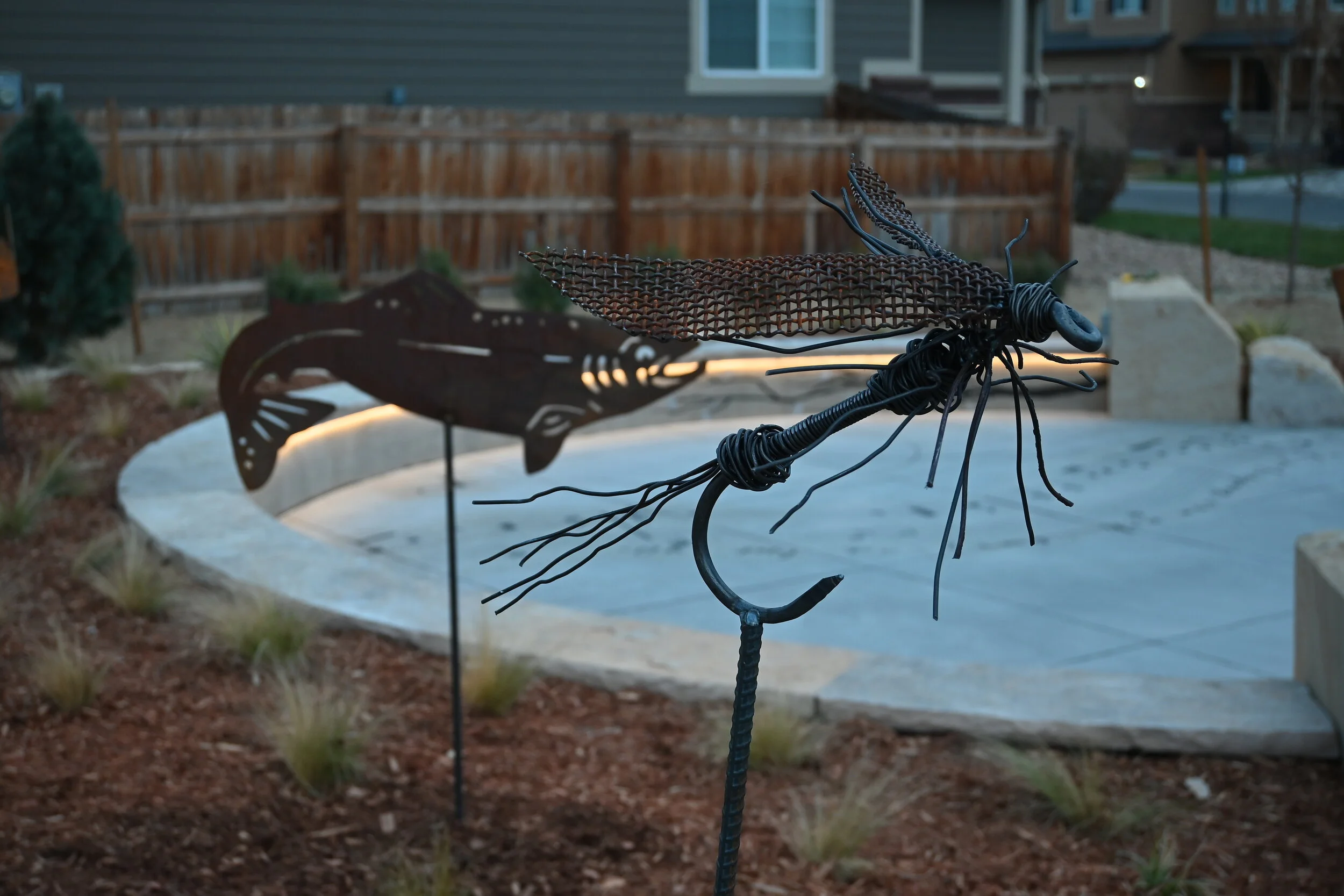July is Smart Irrigation Month, and here are some easy and effective ways to improve your system.
Let's start with things your can purchase and easily install yourself.
- Drip irrigation - Drip systems do just that, they drip water out rather than spraying it through the air resulting in water loss.
- A rain sensor - This is a small device you can pick up at almost any home improvement store for just a few bucks. It shuts off your sprinklers when it senses rain. Pretty smart, right?
- A smart controller - This one's a little more elaborate, but highly effective. This, takes it to a level above a rain sensor. Smart controllers gather complete weather information from nearby weather stations. Not only do they shut off sprinklers when it's raining, they adjust the amount of water your system applies. If it only rains a little your controller knows how much more water to add to fill your plants' bellies.
- A pressure regulator - If you notice water misting from your sprinklers it's likely due to too much pressure. Having the proper pressure assures your sprinklers perform as they were designed. Your sprinklers should only be spraying tiny droplets of water into the air, not creating a foggy scene from a horror movie.
- High efficiency nozzles - Different sprinkler types apply water in different ways. See if you can replace any of your heavier water using sprinklers with something more efficient, like a rotary stream nozzle. All sprinkler types can keep your plants healthy, so why not do so using less water?
Finally, let's go over some general principals to help you cut you water use
What Is Compost?
- Adding compost to your soil on an annual basis, or topdressing, improves soil quality and its ability to retain water. Learn more about compost in the video at the right from the article "What Is Compost".
- Avoid watering at the hottest times of the day, and run your sprinklers in the morning or evening. Makes sense, right?
- And last, ask around with your local agencies to see what kinds of rebates they offer for your effort. You may find that they will cover the costs of some of your efforts.
Good luck watering smarter!







